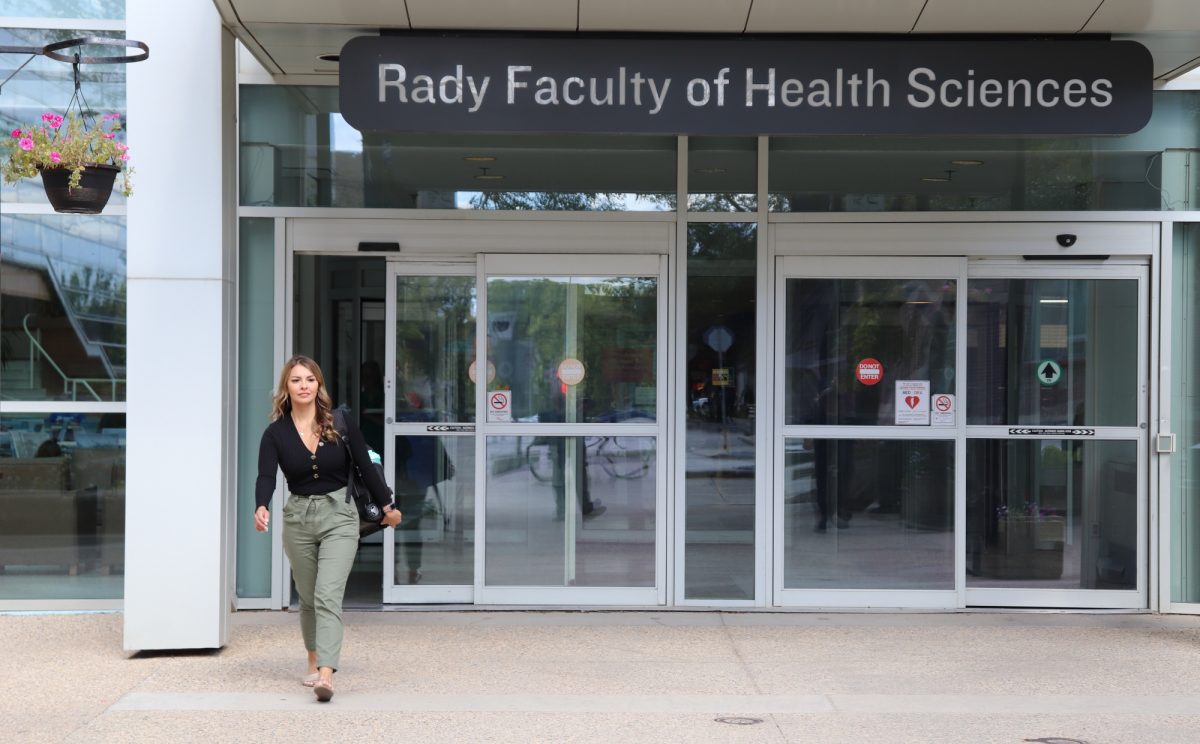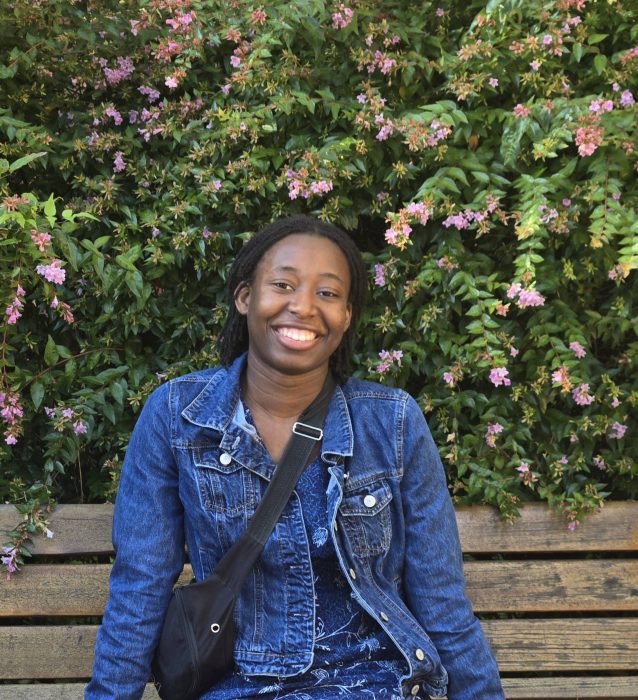
Discovering research opportunities at the Bannatyne campus
If you are considering a career in research, UM’s Bannatyne campus is renowned for its innovative research and there are many opportunities for undergrad students to participate – and get paid for it!
Career Services, in collaboration with UM professors and researchers in various fields, is hosting Undergraduate Research Opportunities at Bannatyne campus, a virtual information session for undergraduate students on November 28th. Students will learn essential information and can ask questions to researchers in fields such as neuroscience, cell biology, environmental epigenetics, physiology, immunology/virology, and epidemiology. In addition to answering questions and networking, you’ll learn how to find opportunities and apply for them.
 To help illustrate how undergraduate research can open doors for careers both in, and outside academia, we spoke to an undergraduate student researcher at the Bannatyne campus and Science co-op student, Deborah Owoyemi:
To help illustrate how undergraduate research can open doors for careers both in, and outside academia, we spoke to an undergraduate student researcher at the Bannatyne campus and Science co-op student, Deborah Owoyemi:
How did you first get involved with research?
I first got involved with research in high school through extracurricular science activities. My science teacher, Dr. Kathleen Forester, was very enthusiastic about research and encouraged me to connect with professors who were open to working with high school students.
My first project was in a medical microbiology setting. Although I did not have a strong foundation in microbiology at the time, the environment was very accommodating, and I learned everything I needed to know to make my project successful. Upon entering university, I was eager to continue in research, so I explored various opportunities to get involved as an undergraduate student.
What research project(s) have you been involved in?
My first exposure to research happened while I was still in high school, I worked with Dr. Denice Bay in medical microbiology, on the topic “Adapting Escherichia coli to Antibiotics to Study Antimicrobial Resistance.” I later began another research project with Dr. Matthew Bakker, but it was cut short due to COVID-19.
In university, I applied for the URSA program in my second year but unfortunately was not successful. However, I secured my first university research opportunity the following year through the ENRRICH summer studentship, where I worked with Dr. Robert Beattie on the topic “Analyzing the Role of FAN1 in Regulating Neurodevelopment.”
I enjoyed my experience in the lab and took advantage of the co-op program, where I am now working with Dr. Hombach-Klonisch. I am currently learning antibody-based immunodetection methods, including Western blot.
How have these experiences supported your learning?
I enjoy science (specifically finding solutions to problems), and it is nice to have a real-world application of the theories I have been learning in class. The hands-on learning environment deepened my love for and understanding of science. Being in a lab setting also allowed me to make new friends and connect with people from different fields. I had the opportunity to work in various scientific backgrounds, including microbiology, neuroscience, and brain cancer, helping me discover the topics/research focus I liked best.
What transferrable skills have you gained through this experience?
Communication, organizational, attention to details, multitasking, presentation, science communication, independence and teamwork, troubleshooting, time management, technical and laboratory skills.
These are just a few of many transferable skills I have gained through my time working in research.
What advice would you give to future undergraduates applying for research positions?
Reach out! The worst you can get is a no, and the best you can get is a job (or an experience).
When reaching out, be sure to personalize your message. Avoid sending generic or mass emails; instead, express why you are specifically interested in that lab or position. Highlight how your skills align with their work, or express your eagerness to learn the necessary skills. Remember, you are there to learn, so don’t hesitate to reach out even if you don’t meet every requirement.
Rejections are inevitable, so do not be discouraged and keep exploring.
Follow up! Research professors often receive a large number of emails, so if you don’t get a response within a few days, feel free to send a friendly reminder.
You can read further advice and tips from Deborah in her Career Services article, 5 Top Tips to Get Involved in Research.
To learn more about the many research opportunities at the UM Bannatyne campus register on UMConnect for the Undergrad Research Opportunities at Bannatyne Campus virtual session sign into UMConnect. Hope to see you there!
The event will take place on November 28, 2024, starting at 2:00 p.m. via Zoom.






